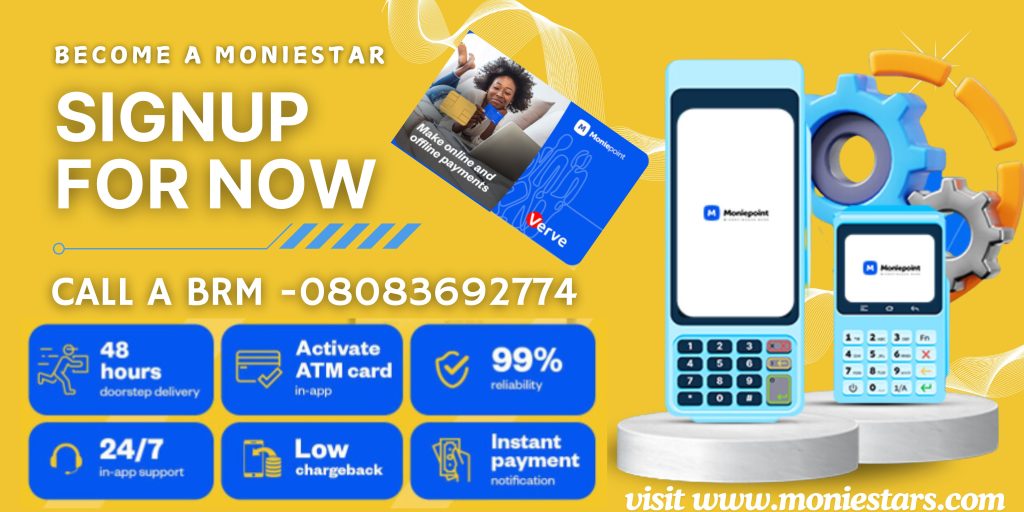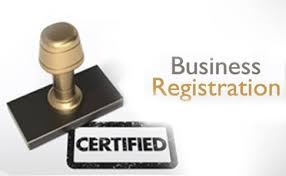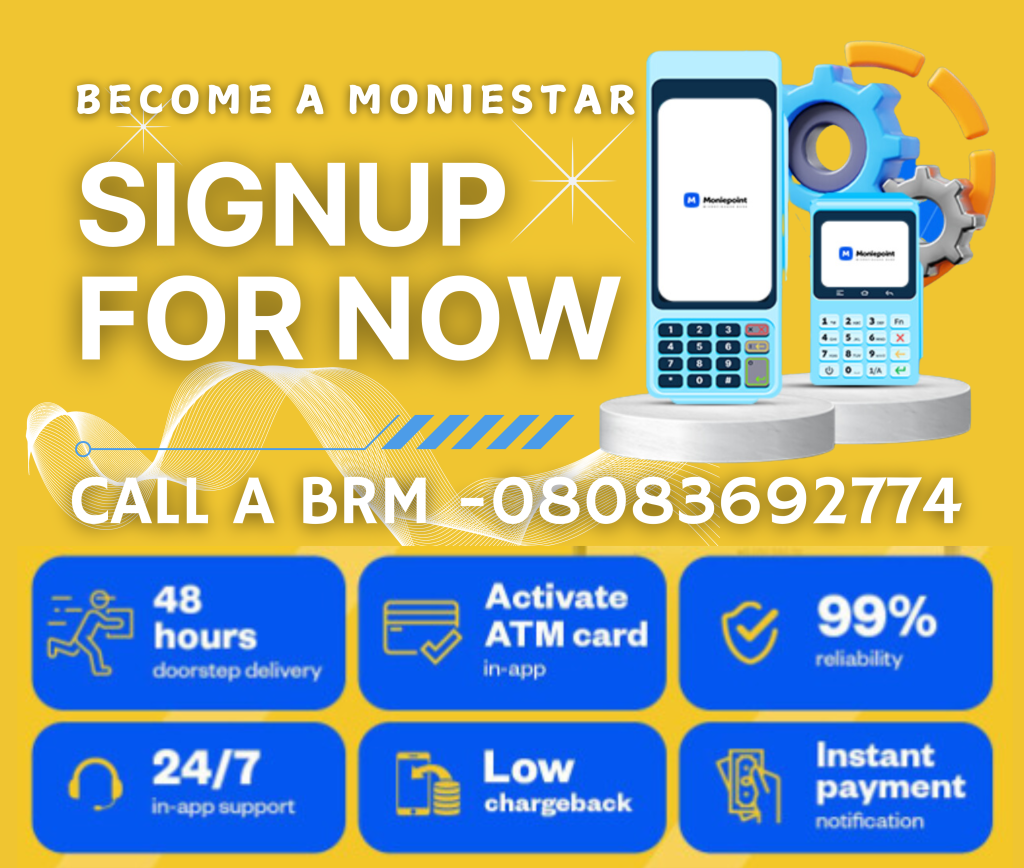How to Block Expense Card
Blocking your Moniepoint expense card is a straightforward process, and it can be done right from your phone, giving you full control over your card’s security. Whether you’ve misplaced it or want to prevent unauthorized transactions, this feature lets you temporarily block the card, safeguarding your funds.
Once you block the card, no transactions can go through until you reactivate it. This feature is ideal for ensuring peace of mind, especially during moments of uncertainty.
Watch the video below for detailed instructions on how to block your card.

You Might also like
-
5 Black Friday Strategies
Creative Black Friday Ideas for Small Businesses in 2024

Black Friday has become a global shopping phenomenon, with consumers spending a staggering $211.7 billion during the season in 2022. For small businesses, this is more than just a sales event—it’s a chance to capture the attention of new customers and build loyalty.
But success on Black Friday isn’t automatic. It takes more than discounts and promos to make an impact. A fast, reliable payment system and thoughtful marketing strategies are key to standing out in the crowd.
Here are five innovative ways to make Black Friday 2024 a profitable event for your business. But first, let’s touch on the history behind this shopping extravaganza.
Where Did Black Friday and Cyber Monday Begin?
The origins of Black Friday are steeped in various stories. One of the most popular explanations ties the term “black” to financial ledgers: retailers would go from losses (red ink) to profits (black ink) after Thanksgiving.
Another historical perspective traces Black Friday back to the 1950s in Philadelphia, where the day after Thanksgiving caused significant traffic congestion as shoppers flooded the city for the Army-Navy football game.
In the modern retail landscape, Black Friday refers to the Friday following Thanksgiving (November 29 in 2024), kicking off a weekend of deals that culminate in Cyber Monday, a day dedicated to online shopping.
5 Black Friday Strategies to Try This Year
1. Spark Engagement with a Contest
Contests are a fantastic way to connect with your audience while promoting your brand. You could create a simple social media challenge—ask customers to share creative ways they would use a product from your store.
Encourage participants to tag friends and engage with your page. Offer a free product or service as a prize. Not only does this build excitement, but it also drives traffic and boosts your online presence.
2. Introduce Limited-Time Deals
Time-limited offers play on the natural fear of missing out (FOMO), making them highly effective. Here’s how you can use time-based promotions to your advantage:
- Exclusive early bird discounts: Reward early shoppers with special deals to create buzz.
- Hourly sales: Keep customers coming back by introducing new discounts at different hours.
- Daily countdowns: Build momentum by offering unique deals in the days leading up to Black Friday.
- Last-minute steals: Tempt late shoppers with final offers as the clock winds down.
Use social media, email, and website banners to promote these deals with a sense of urgency.
3. Maximize Impact with Email Marketing
Email marketing is a powerful tool for Black Friday promotions. Send targeted campaigns to your subscribers featuring your best deals, gift ideas, and exclusive discounts.
Keep your emails visually appealing and include clear calls-to-action, directing recipients to shop with just a click.
4. Give Shoppers a Little Extra
Adding a freebie to each purchase is a simple yet effective way to encourage buying. Options like surprise gifts, sample products, or small complimentary items can create memorable shopping experiences.
You could also let customers choose their gift from a curated selection to make the incentive feel more personal.
5. Make Checkout Hassle-Free
A surge in Black Friday transactions can put strain on payment systems, leading to delays and frustrated customers. Offering fast, secure payment options is critical to ensuring a seamless shopping experience.
Consider tools like point-of-sale (POS) systems and reliable online payment solutions. By streamlining the checkout process, you’ll stand out from competitors who might struggle with transaction bottlenecks.
Wrapping Up
For small businesses, Black Friday is a chance to get creative and connect with customers in meaningful ways. Whether it’s through interactive contests, limited-time offers, or thoughtful customer incentives, the key is to experiment and find what resonates most with your audience.
And don’t forget—having a reliable payment solution in place can make all the difference during this busy shopping season.
Start preparing now to make Black Friday 2024 a standout event for your business!
Post Views: 152 -
Business vs Company Name
The Big Oxmox advised her not to do so, because there were thousands of bad Commas, wild Question.
-
What is Business Banking?
The Big Oxmox advised her not to do so, because there were thousands of bad Commas, wild Question.



